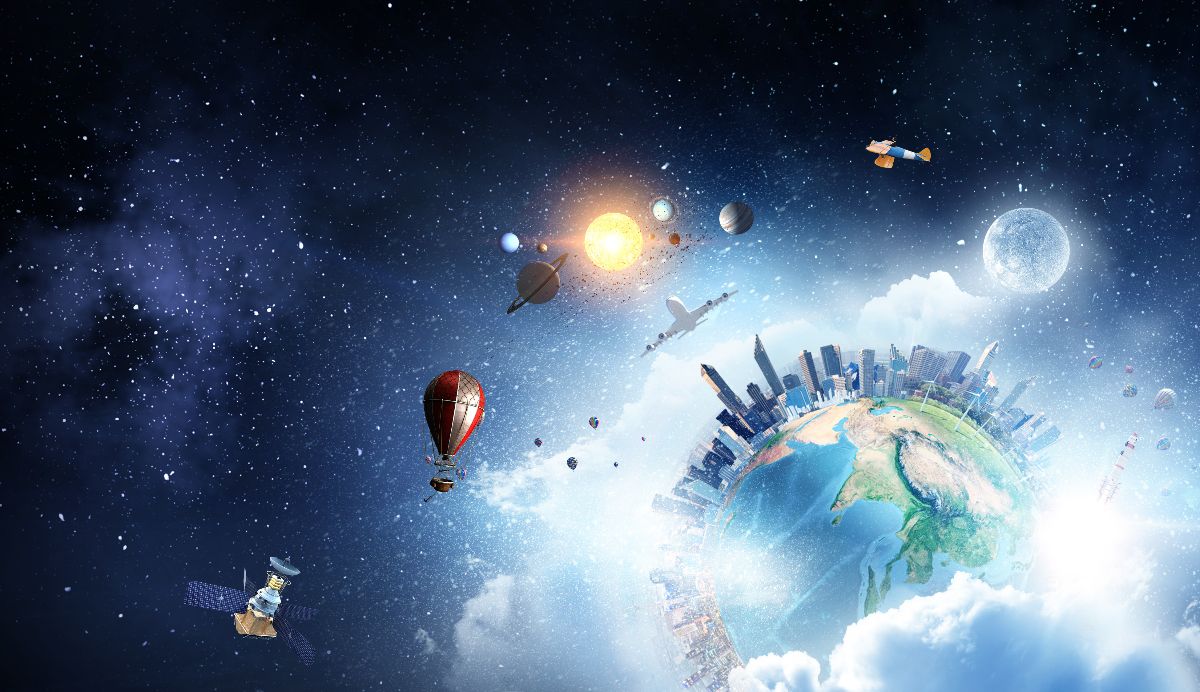NSR’s Space Tourism and Travel Markets report, released today, forecasts suborbital and orbital tourist services beginning in 2020 and 2021, respectively, generating $14B in cumulative revenues by 2028. The long-awaited space tourism market is set to begin with players, investment, and technology growing to meet very high demand. Suborbital tourism will begin sooner and grow at a stronger rate, owing to greater frequency, more actors and lower ticket prices; while orbital tourism is set to expand the commercial space ecosystem in a significant way alongside government programs.Suborbital tourism - including plane, rocket, and balloon-based methods - will focus on short duration trips. These give passengers the experience of going to space and seeing the curvature of the Earth. Blue Origin and Virgin Galactic will control this market in the near term, given each company’s relevant and heritage technology. “Demand for space tourism has never been the problem,” states Dallas Kasaboski, NSR Senior Analyst and report co-author. “This is a technology-constrained market. Once flights are validated and proven reliable, the market will take off. Recent technological development from all major players, along with a supportive political framework, are bringing the start date closer and closer,” stated Kasaboski.
 The efforts of SpaceX and Boeing (currently undergoing late testing to prepare for human spaceflight) are driving the growth of orbital tourism, including accommodation on the International Space Station. Considering the significantly higher costs, approximately 200 times that of a suborbital trip, the Orbital Tourism market is expected to remain niche.
The efforts of SpaceX and Boeing (currently undergoing late testing to prepare for human spaceflight) are driving the growth of orbital tourism, including accommodation on the International Space Station. Considering the significantly higher costs, approximately 200 times that of a suborbital trip, the Orbital Tourism market is expected to remain niche.
NSR’s report indicates that tourism is not the primary focus of commercial players in the orbital space at this time, as SpaceX Crew Dragon and Boeing’s Starliner are geared mainly toward professional astronauts.
However, several factors contribute to a growing industry. “Beyond launch providers, there is a developing ecosystem of spaceflight services brokers and accommodation providers. Some are even looking to host their own module or private station, such as Bigelow Aerospace, NanoRacks, Axiom Space, and more,” states Leena Pivovarova, NSR Analyst and report co-author. Government support is also important and rising. NASA’s commercialization of the ISS, and numerous countries around the world developing infrastructure and regulations to support space activities, are key components to the future success of space tourism.





